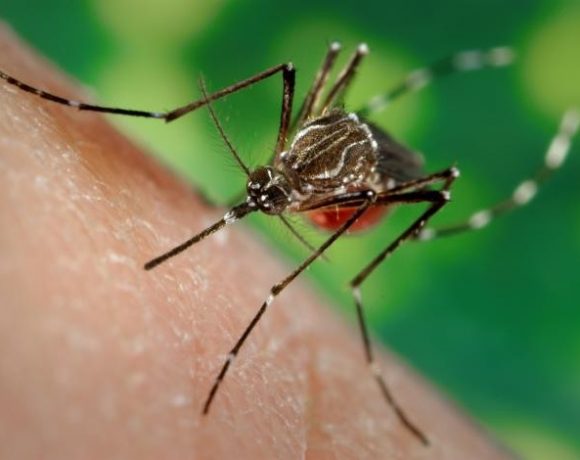
Leading specialists warn that mosquitoes that spread diseases like dengue and chikungunya have entered new regions of Europe.
According to European experts, the circumstances for the insects have improved due to more frequent heatwaves, floods, and longer, warmer summers.
They are requesting improved mosquito prevention and control tactics.
They assert that in the absence of these, mosquito-borne illnesses will probably cause more sickness and fatalities.
The study, published by the European Centre for Disease Prevention and Control (ECDC), monitors the spread of several mosquito species that are capable of transmitting a wide range of viruses to people.
These include dengue and Zika, which in the worst instances may leave individuals critically unwell and produce a variety of symptoms including fevers and muscular pains.
- One mutation in Zika might cause a fresh outbreak.
- Minister in Peru resigns as a result of dengue fever epidemic
The ECDC research claims that this year, compared to eight European nations a decade ago, the Aedes albopictus mosquito—known to transmit dengue and chikungunya—has “established” itself in 13 countries in Europe. This means it has grown a self-sustaining population and is reproducing.
Aedes aegypti, which can transmit illnesses including yellow fever, Zika, and West Nile virus, established itself in Cyprus last year, and scientists fear it may continue to spread to neighbouring nations.
“In recent years, we have observed a geographical spread of invasive mosquito species to previously unaffected areas in the EU/EEA,” said Andrea Ammon, head of the ECDC.
“If this keeps up, we may anticipate more instances and perhaps even fatalities from illnesses like dengue, chikungunya, and West Nile fever.
“Efforts need to concentrate on ways to control mosquito populations, improving surveillance and enforcing personal protective measures,” the report stated.
Healthcare professionals and the general public need to be more aware of the many diseases spread by mosquitoes, according to the ECDC.
Dengue, which is transmitted by daytime biting mosquitoes, can result in a fever, excruciating headache, pain behind the eyes, aching muscles and joints, and a blotchy rash.
Globally, the number of instances has increased in recent decades. It is endemic in more than 100 nations in the Western Pacific, South and South-East Asia, Africa, and the Americas.
Most West Nile virus infections go unnoticed, but when it does, symptoms might include headaches, extreme fatigue, muscular pains, vomiting, rashes, and eye discomfort.
An sickness that affects the brain and can be deadly is more likely to impact older persons and those with compromised immune systems.
Along with headaches, muscular discomfort, and rashes, fever and joint pain are the chikungunya virus’ most typical symptoms.
Picture Courtesy: Google/images are subject to copyright
